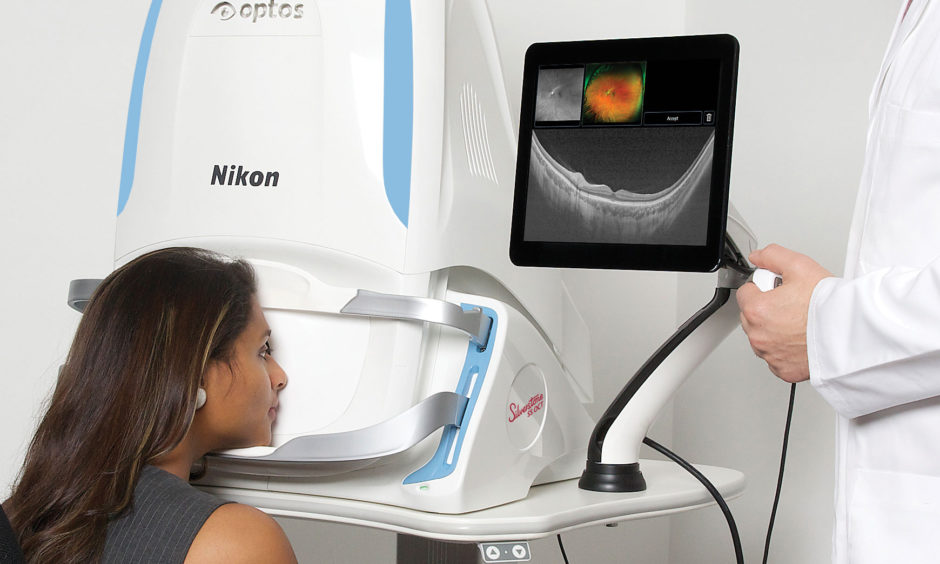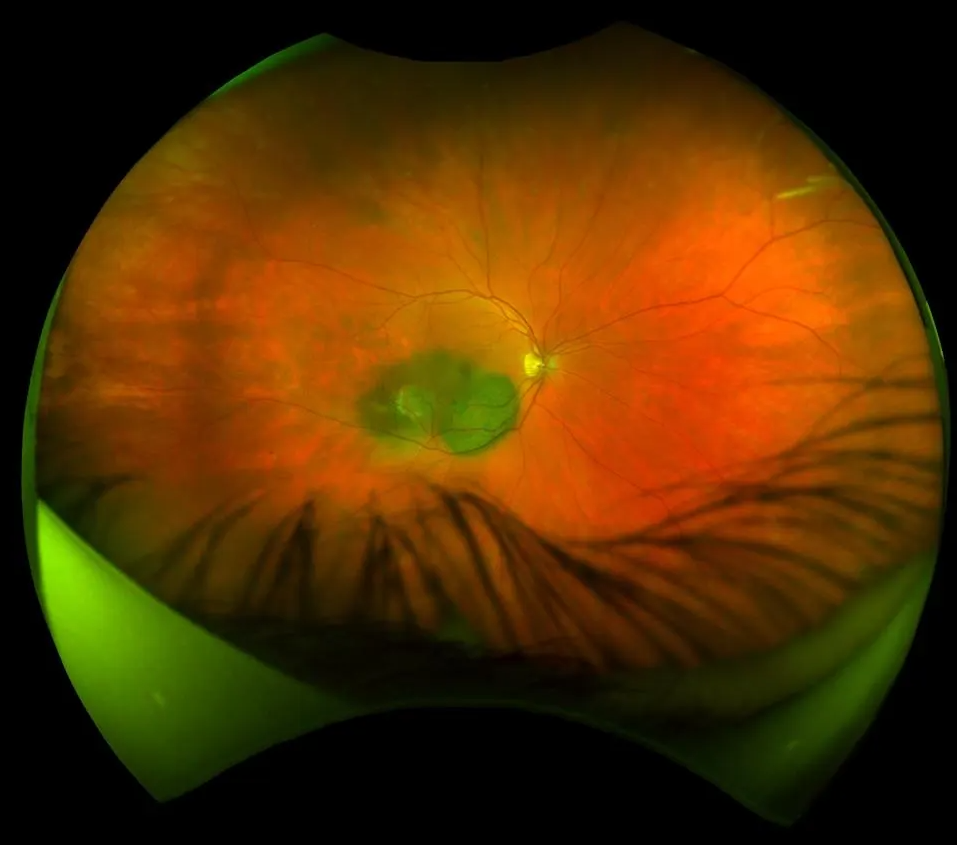“For those who read this, I urge you to pay the extra fee every year to get images inside your eyes — even if your vision is fine.” -Robert Rapier
Robert Rapier, a Senior Contributor for Forbes, typically writes editorials covering the energy sector. Last year he published an article titled “How A $30 Test Saved My Life” in which he described how a retinal screening test at an eye exam led to discovering cancer in his eyes which was subsequently and quickly treated. Had it not been detected as early as it had, he would likely be dead today. Retinal screening, while typically not covered by insurance, is a crucial component of comprehensive eye exams that can save lives by detecting serious health issues early. Regular visits to an optometrist for eye health and retinal screening can uncover not only eye-related conditions but also systemic diseases that might otherwise go unnoticed.
The Importance of Regular Eye Exams
Regular comprehensive eye exams are the cornerstone of maintaining good eye health and overall well-being. Here are some reasons why you should schedule an eye exam with an optometrist:
- Vision Correction An eye exam can update your prescription for glasses or contact lenses, or let you know if you are a good candidate for refractive surgery, ensuring you have the clearest vision possible. Accurate prescriptions enhance your quality of life, from reading and driving to enjoying outdoor activities.
- Customized Eye Health Solutions During an eye exam, your optometrist can recommend personalized solutions based on your specific needs and symptoms, such as lifestyle adjustments, over-the-counter and prescription medication, or preventative plans for any eye conditions you are at risk for.
- Systemic Conditions Everything in the body is connected and what happens in the body, can spread to the eye. Our optometrists can identify the relationship between your systemic and ocular conditions through retinal screenings and help mitigate the symptoms from conditions like diabetes, hypertension, high cholesterol, and auto-immune conditions so they will not affect your eye health.
- Child Eye Care Early eye exams are crucial for children to detect vision problems that could affect their development and academic performance. Conditions like amblyopia (lazy eye) or strabismus (crossed eyes) can be corrected more effectively when caught early. The AOA recommends that children get their first eye exam between the ages of 6-12 months.
Understanding Retinal Screening
Retinal screening involves examining the back of your eye, including the retina, optic disc, and blood vessels, using advanced imaging technology. This detailed examination helps identify abnormalities and diseases in their early stages, providing a critical advantage in treatment and management.

The Life-Saving Potential of Retinal Screening
- Early Detection of Eye Diseases Conditions such as glaucoma, macular degeneration, and diabetic retinopathy can develop without noticeable symptoms in their initial stages. Retinal screening can detect these diseases early, allowing for timely intervention and preventing severe vision loss.
- Uncovering Systemic Diseases Your eyes can reveal a lot about your overall health. Retinal screening can detect signs of systemic diseases like hypertension, diabetes, and even certain types of cancer, like lung cancer in men and breast cancer in women. Early detection through retinal evaluations can lead to prompt medical attention, potentially saving your life.
- Monitoring Chronic Conditions For individuals with chronic conditions like diabetes, regular retinal screenings are essential. Diabetic retinopathy is a leading cause of blindness, but with early detection and proper management, vision loss can be prevented. Regular eye exams help monitor disease progression and effectiveness of treatment.
Advanced Technology for Early Detection
Our modern optometry practices use the most advanced technology to enhance the accuracy and efficiency of the diagnoses and treatment of eye disease. Here is some state-of-the-art equipment that we use:
- Optical Coherence Tomography (OCT): OCT is a non-invasive imaging technique that provides high-resolution cross-sectional images of the retina. It helps detect and monitor conditions like macular degeneration, glaucoma, and diabetic retinopathy. We use the Topcon Maestro2 and Zeiss Cirrus, the gold standards in Optical Coherence Tomography.
- Digital Retinal Screening: This technology captures detailed images of the retina, allowing for thorough examination and documentation of eye health over time. It enables optometrists to track changes and intervene when necessary. For this, we use the Optos Silverstone, the gold standard in retinal imaging.
- Fundus Photography: Once conditions are detected through retinal screening, we continue to follow them with Fundus photography takes higher resolution pictures of the retina, aiding in the diagnosis and monitoring of various eye diseases. It’s an essential tool for documenting the condition of the retina and detecting subtle changes. For this we use the OptoMap+ mode in the Optos Silverstone, the gold standard in for fundus photography.
- Biometry: For patients at high risk for developing degenerative myopia, biometry is used to measure any rapid growth and elongation of the retina. It’s an essential tool, particularly with children, and is used frequently in myopia management. We use the Pentacam AXL Wave for this measurement, the gold standard in evaluating changes in retinal risk.
Early detection goes beyond just preserving your vision. It plays a pivotal role in detecting serious eye conditions and systemic diseases early, allowing for timely intervention and better health outcomes. Regular comprehensive eye exams with retinal screening and evaluations should be an integral part of your healthcare routine.
At Optical Illusions: An Optometric Practice, we are committed to providing exceptional eye care. Our experienced optometrists use state-of-the-art technology to conduct thorough retinal screenings and comprehensive eye exams. Don’t wait until symptoms appear—schedule your eye exam today and take proactive steps towards safeguarding your vision and health. Contact our team to schedule your appointment at 1 of our 4 conveniently located offices.



